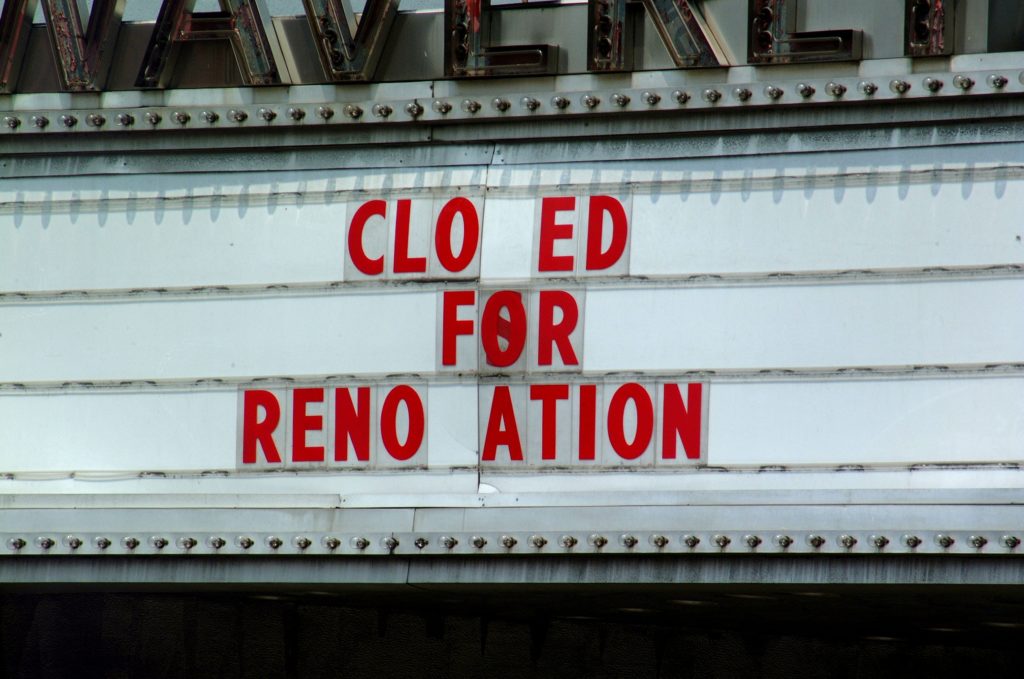Edited January 2021
Leadership is a role, a part you play in front of many audiences. It’s a part that comes with many expected and unexpected demands. Finding the balance, what you are truly responsible for versus what you assume responsibility for, is the difference between whether or not you succumb to the Leadership Killer.
In the classical (and stereotypical) view of leadership, you’re expected to carry yourself with a commanding presence so that people know you’re “in charge.” You’re expected to have more experience and knowledge than those you’re leading and to have timely and accurate answers to their many questions. You are presumed to be strong to the point of being unshakeable and invulnerable. When things get dicey, you’re supposed to push interference out of the way and say, “I got this!”
Some employees respond best when you treat them as equals.

During a conversation about the pressures of leading others, an executive vice president of an electrical company commented, “What makes leadership so hard is that everyone needs you to play a different part. Some employees respond best when you treat them as equals. But with others, if you do that you’ll lose their respect. They work best following a chain of command, and they respond better when you give them explicit directives. Some want you to be an authority figure, some want you to be a coach, some want you to be a friend. And you may not even actually be any of those things, but to keep them motivated, you try to play the part they expect.”
Some leaders get so wrapped up in the performance that they don’t know how to step out of it.
Different Leadership Strokes for Different Folks
As he suggests, the leadership role requires versatility. Sometimes it calls for you to be tough, direct, and blatantly honest. Other times it requires you to be compassionate, caring, and friendly. It makes no difference that you’re authentic disposition is; the role of leadership sometimes demands that you act against who you actually are. This is not unlike being an actor when some parts require that you “play against type.”

The danger of over-attending to the role of a leader is that you may start to lose sight of your true self. Some leaders get so wrapped up in the performance that they don’t know how to step out of it. They stay in a constant state of theatrics, pretending to be invulnerable, strong, and in control. All the while their true self goes unnourished, and, before long, they become the proverbial man in the gray flannel suit, a shell of a human being, all work and no soul.
This is what the Killer wants. Hubris’s work will be much easier if you have no sense of self, no depth and dimension, and no sense of identity beyond your leadership role. Hubris will be in a much better position to shape and define you when you have no earthly idea who you are outside of your role of leader.
Check your performance level. As a leader, put your role in perspective by considering:
- Who are your stakeholders?
- Which people are relying upon YOU?
- Who can’t do a good job unless YOU do a good job?
- Who do YOU depend on to do your job effectively?
- How are your relationships with the people who have a stake in your being an effective leader?
- Which connections deserve more attention?



